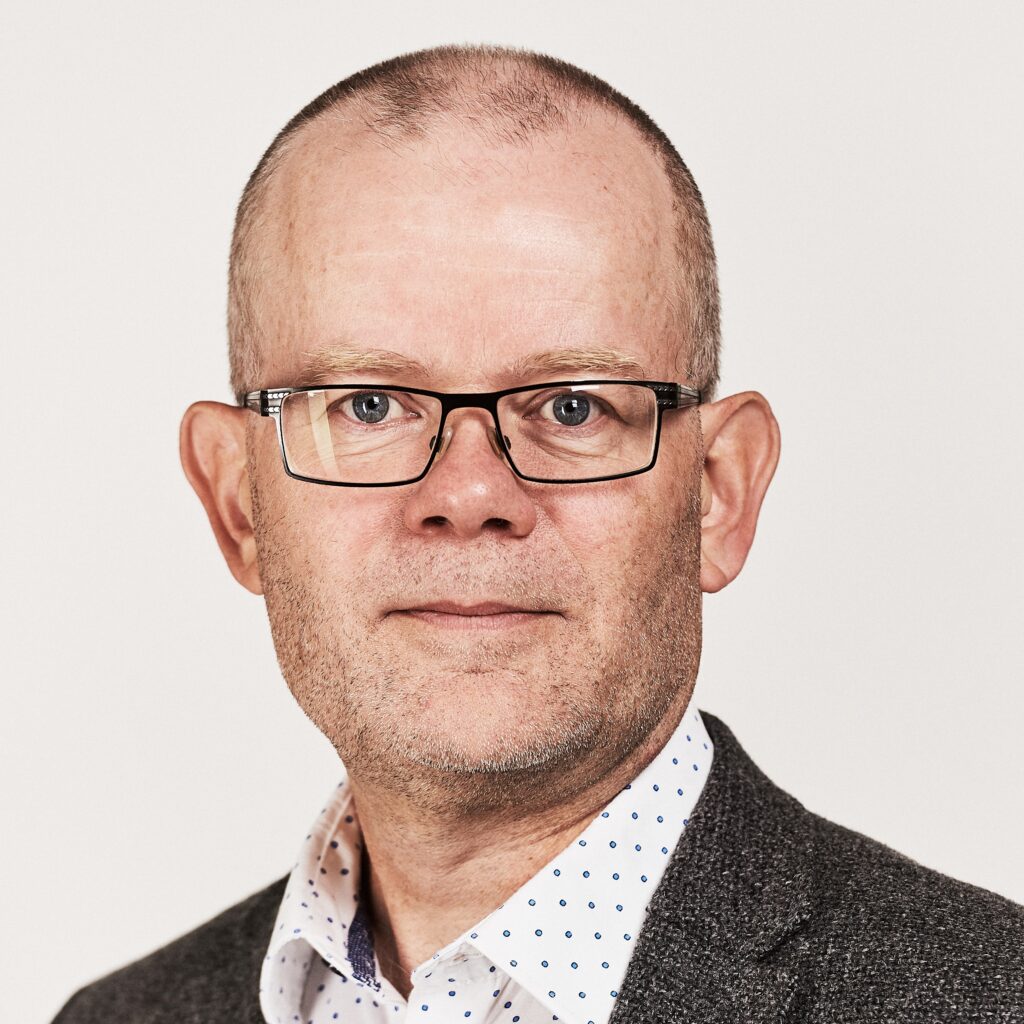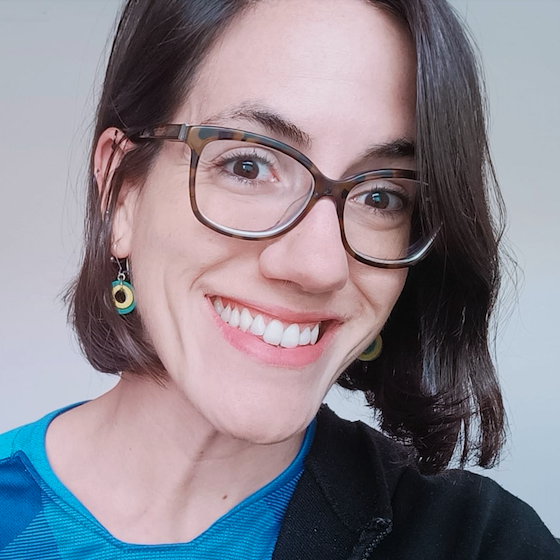In 2014, Denmark took a significant step towards enhancing research visibility and integrity by launching its national consortium, dedicated to integrating ORCID into the country’s research infrastructure. In 2024, together with celebrating its decade of existence, it expanded to 11 members, including now universities, hospitals, and research organizations.
Building trust through verified research information
With nearly 1.5 million data entries (employment, education, works, and personal identifiers) contributed to ORCID records, the Danish consortium plays a key role in ensuring the credibility of researcher profiles. These verified affiliations, works, and personal identifier details act as Trust Markers, signaling that the information is accurate and institutionally endorsed. Trust Markers help mitigate misinformation and contribute to strengthening trust throughout the entire research ecosystem, making ORCID profiles a reliable source for research assessment and collaboration.
Figure 1. Examples of data added to the Employment and Works sections by Danish consortium members. In both, the source is clearly identified with the corresponding Trust Marker.
Seamless integration across Denmark’s research landscape
Denmark’s research institutions share a common research information system (CRIS), Pure, making ORCID integration highly effective. This has enabled researchers to automatically link their ORCID profiles with their institutions, ensuring their records stay updated with minimal effort.
Led by Aalborg University, the consortium continues to refine this integration, making it easier for researchers to manage their academic footprint.
Together with their CRIS, some members host an institutional journal platform built on Open Journal System (OJS), which allows authors, contributors and reviewers to easily connect their articles and peer review activities to ORCID records.
Did you know that Pure and OJS are two
ORCID Certified Service Providers?
Pure, by Elsevier, is a Research Information System
OJS, by Public Knowledge Project, is a Manuscript Submission System
Read more about what they do, and view all of ORCID’s Certified Service Providers here.
The future of research assessment in Denmark
As persistent identifiers (PIDs) gain traction, ORCID is being recognized by the Danish community as a key component in transparent and fair research assessment frameworks.
Figure 2. Aalborg University Research Indicator, where ORCID and PIDs are key components in the Open Science Part. Source: https://doi.org/10.54337/aau524581687
Denmark is actively exploring how Trust Markers and PIDs can contribute to more reliable evaluation practices, drawing inspiration from international initiatives like PID Network Deutschland and Australia’s PID efforts.
What’s next for the Danish Consortium?
For the Danish community, the focus remains on strengthening integrations, expanding engagement, and ensuring researchers and institutions maximize the benefits of ORCID. Annual consortium meetings continue to drive discussions and collaboration around ORCID advocacy, interoperability, and data contributions.
The Consortium aims to remain actively involved in the global implementation of ORCID and continue supporting work around persistent identifiers (PIDs) more broadly. Maintaining this global perspective is crucial for ensuring Denmark stays aligned with international best practices. There have been ongoing discussions about how it could contribute to developing a national Danish PID strategy. The Consortium invites stakeholders across Denmark to join this conversation and collaborate in shaping a strong, coordinated approach to PIDs for research and innovation.
Read about other Top Data Contributors on our blog. If you are interested in forming an ORCID Consortium, visit our website for how to get started.

Watch the Danish Consortium short film
Do you know the Danish Consortium lead recorded a silent film about ORCID?
Contributor

Poul Meier Melchiorsen
Danish Consortium Lead
Poul joined Aalborg University Library in 2011 to work in the Pure administration team. The team covers registration, dissemination, and analysis of research output. Poul specializes in research intelligence and management information at all levels. Focus for Poul is how to create research evaluation at a full-fledged university with research in most areas ranging from STEM over Health Sciences to SSH and how to document societal impact of research.
The last years Poul has been involved in reform of research assessment and took part in developing the Coalition for Reform of Research Assessment (CoARA) inspired Aalborg University Research Indicator. Two current tasks are planning of an EU High-Level presidency conference on reform of research assessment and participation in start-up of a Danish CoARA network. Since 2018 Poul has been lead of the Danish ORCID Consortium.
Poul holds a MA in Philosophy and Physics from University of Southern Denmark and a Master in IT from Aalborg University.
